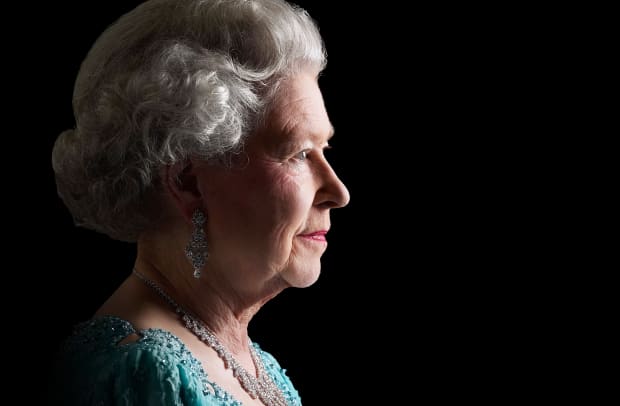Her Majesty, Elizabeth II, the longest-reigning monarch in British history, passed on quietly in her sleep on the afternoon of Thursday, September 8th, at Balmoral Castle in Scotland.
The Queen’s death sets into motion a series of planned events, including a nationwide shutdown of businesses which is expected to cost the British economy billions in losses over the mourning period, which will run for a fortnight at the most.
But this loss of earnings is, at the moment, nothing compared to the loss of a monarch who, for many people, was the only one they had ever known and who had been fondly referred to by the international media as “the grandmother of nations” in the same vein as her great-great-grandmother Queen Victoria.
So what happens now that the Queen has passed and the Prince of Wales has ascended the throne as Charles III?
Operation Unicorn, Not London Bridge
While plans for the Queen’s passing known as Operation London Bridge were made public several years before her death, those plans were built on the premise that the monarch’s life ended while she was in residence in London. Another set of plans, Operation Unicorn, was prepared to be enacted if she died while at her summer residence in Scotland.
As the key members of the Royal Family – the Prince of Wales and the Duchess of Cornwall, the Princess Royal, the Duke of York, the Earl and Countess of Wessex, and the Duke of Cambridge – were at the Queen’s side when she died, the cascade of calls regarding her passing would only involve the Prime Minister, the Cabinet Secretary, and the current head of the Privy Council Office. The calls would be made before the official announcement of the Queen’s passing. The new King and Queen Consort would spend the night where the Queen passed, then return to London the following day.
Two days following her passing, the Queen’s remains will temporarily lie in state at the Palace in Holyroodhouse in Scotland for another couple of days before being brought to Saint Giles’ Cathedral in Edinburgh, where her family will hold a memorial service, followed by a 24-hour period where the public may pay their respects to her.
The Queen’s remains will then be brought to Westminster Hall in London, where she will lie in state until the day of her funeral.
A Nation at a Standstill, Even Overseas
Many businesses are expected to remain closed throughout the period of national mourning, which some fear will result in the loss of billions of pounds in earnings per day. Likewise, any social events scheduled for the next couple weeks may be canceled or postponed out of respect for the Queen.
The same measures apply to the embassies and consular offices of the United Kingdom overseas, where the Union Jack will be flown at half-mast until after the funeral. Protocol states that officials will enter a period of mourning and dress appropriately. Condolence books will also be placed to enable visitors to leave their messages of sympathy to the Royal Family and the British people.
Likewise, given the shift in power, changes will be reflected in the UK’s currency, postal service, and the issuance of passports. In the case of the currency, all money currently in circulation will gradually be removed from the system even as bills and coins are printed with the face and signature of the new monarch. The same goes for stamps for the Royal Mail, while measures will be taken regarding the renewal of passports, all of which will now bear the mark of the new King.














